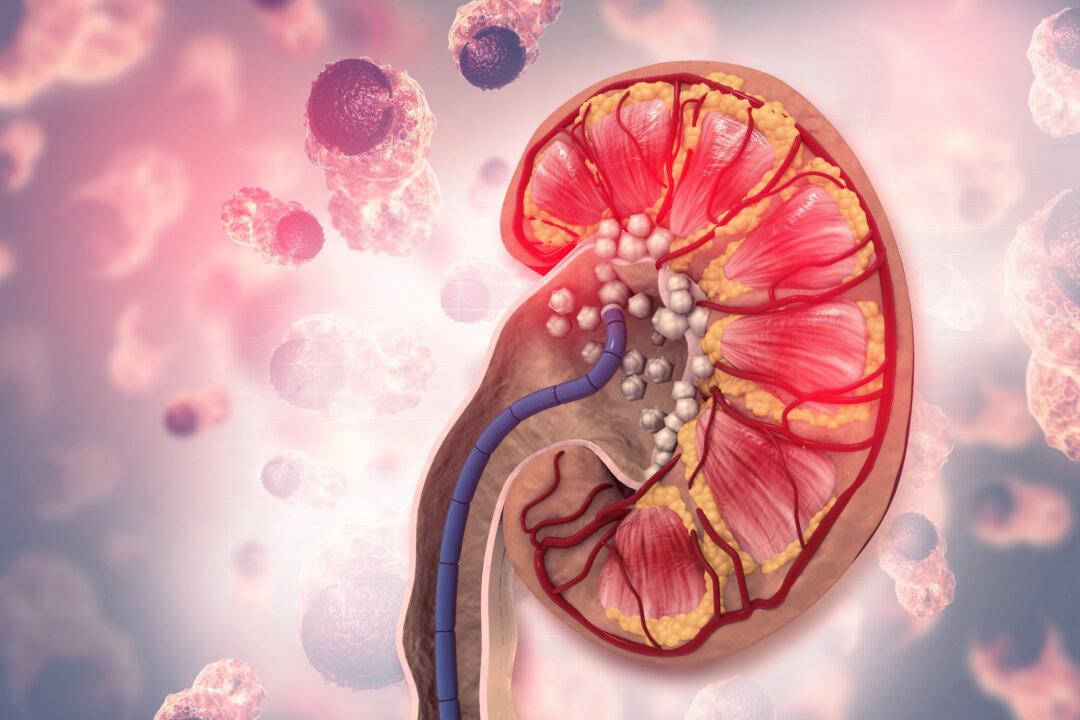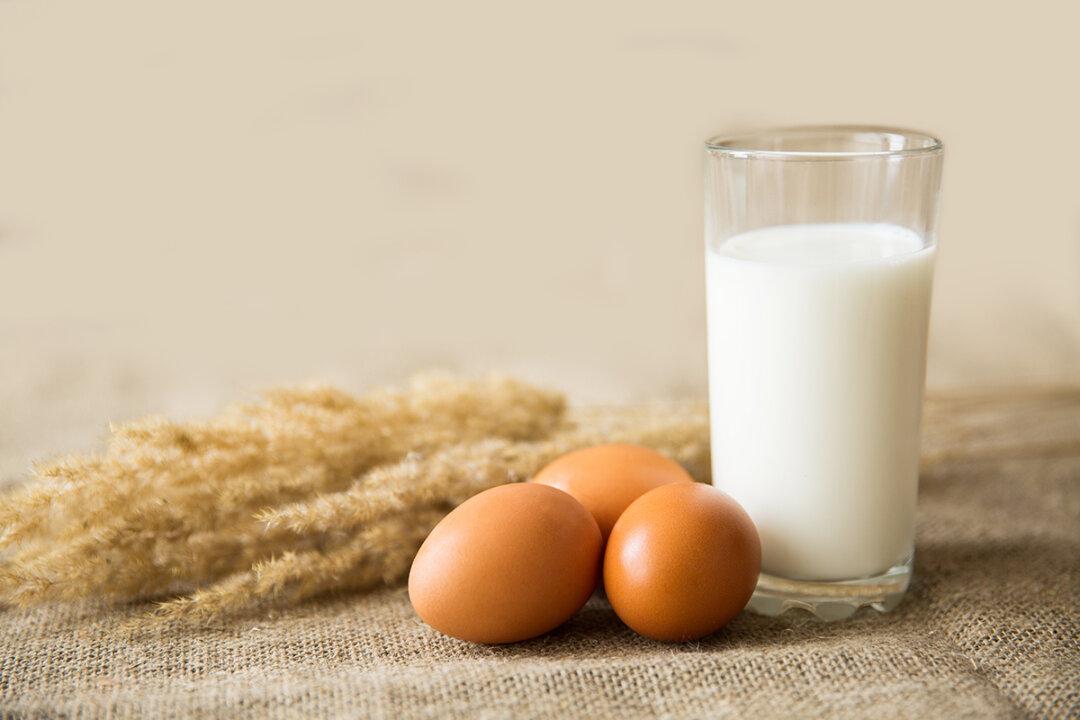In recent years, antibiotics abuse has become increasingly serious. We even take antibiotics to cure colds, even when they’re caused by viruses and not bacteria. The only function of antibiotics is to kill bacteria, such as gastroenteritis-causing salmonella, but people mistakenly, and frequently, think strong antibiotics are a cure-all for common ailments.
We now know that this over-reliance on antibiotics has resulted in many bacteria strains developing antibiotic resistance. The use of antibiotics has also proven damaging to the bacteria in the intestinal tract, and can also lead to systemic inflammation and other maladies.






